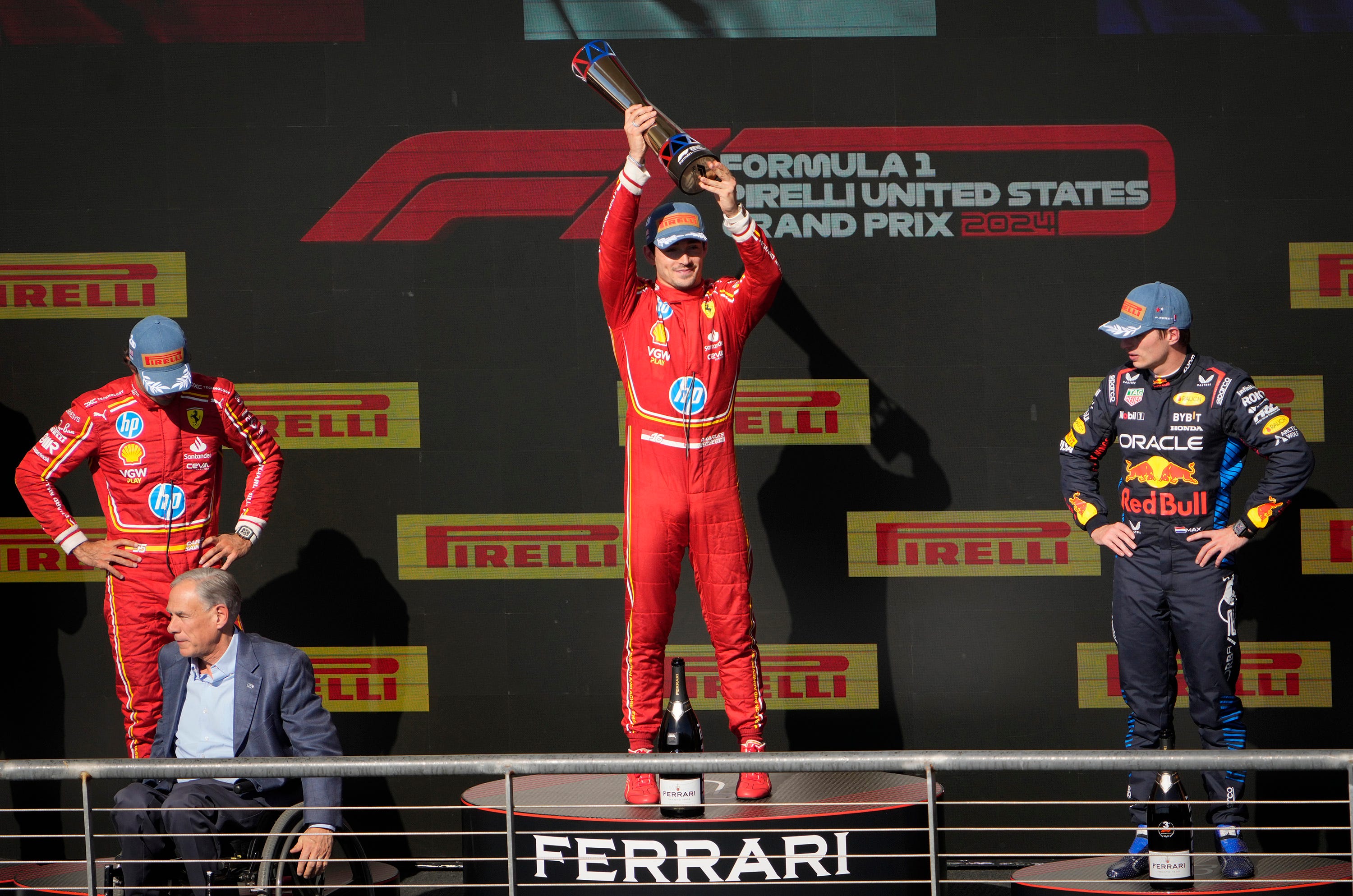For decades, Formula 1 has seen many incredible records set, but some are so extraordinary that they are likely to stand the test of time. Here are seven F1 records that will probably never be broken.
7. Highest Speed Record— 231.1 mph (372.5 km/h)
Valtteri Bottas holds the record for the highest speed recorded during a Formula 1 Grand Prix weekend. In 2016, he was racing at the Mexican Grand Prix with a Williams car at a mind-boggling 372.5 km/hr (231.1 mph). Hermanos Rodríguez made this record possible thanks to the long straights of Mexico City’s Autódromo. Also, air resistance was low thanks to the high altitude, which allowed Bottas to reach this speed.
Nowadays Formula 1’s regulations are directed towards a balance between safety, sustainability, and consistency in terms of performance. Limits on engine power and fuel consumption limit top straight-line speeds and fuel cost directly influences the range of an automobile. Besides, aerodynamic rules minimize the slipstream effect that restricts speed even on straights. On top of that, modern F1 design has shifted away from maximum velocity, arguing in favor of cornering stability and efficiency.
Also Read: Charles Leclerc leads Ferrari to stunning one-two victory at United States Grand Prix
6. Oldest World Champion — Juan Manuel Fangio
The oldest Formula 1 World Champion is Juan Manuel Fangio. He won his fifth title at 46 years and 41 days old in 1957. Breaking this record will certainly be tough as Formula 1 is now on a crusade of youth and agility. Modern F1 favors younger competitors due to their stamina and reflexes, and today’s drivers must meet those extreme physical demands. Also, it was a time when there were fewer races and more time for recovery. But today’s longer race calendar is more physically taxing on drivers, making this even harder to pull off at an older age. It’s a record that will probably never be broken.
5. Most Consecutive Championships — Michael Schumacher
From 2000 through 2004, Michael Schumacher won five consecutive Formula 1 World Championships. He set the record for the most consecutive World Championships at five. That was possible because of a perfect combination of driving skills and Ferrari’s team excellence. No other driver has come close: Sebastian Vettel (2010–2013) and Lewis Hamilton (2017–2020) both came close with four each, but nothing beats Schumacher’s streak. It’s unlikely that anyone could break this record today.
The teams are now much more competitive with Red Bull, Mercedes, and Ferrari rotating for dominance. Furthermore, there is a good chance of parity from frequent regulation changes.
Also Read: Highest paid Formula 1 drivers 2024: Lewis Hamilton, Max Verstappen lead top 10 F1 salaries
4. Highest Number of Cars in a Single Race — 1953 German Grand Prix
The 1953 German Grand Prix at the Nürburgring Nordschleife, had 34 cars compete at once. It’s an unbreakable Formula 1 record. This massive grid was feasible due to several unique circumstances: the 22.8-kilometer course was challenging and exhaustive for the large field. Race regulations in those days allowed much greater numbers than nowadays.
Current F1 races, courtesy of safety measures in place are limited to 20 vehicles only. With grid expansions unlikely, subject to logistics, track limits, and competition standards, this record remains safely out of reach in modern F1 racing.
3. Most Race Wins in a Season — Max Verstappen
In his 2023 Formula 1 season, Max Verstappen broke a record for the most race wins in a single season, winning 19 races. He surpassed his previous mark of 15 wins, set the previous year. Verstappen carried the RB19 to unmatched consistency and speed despite being in a competitive field, and he dominated all year long.
Verstappen’s achievement is impressive despite the fact that the growing F1 calendar has allowed for these sorts of record-breaking opportunities. An extraordinary level of dominance to win 19 out of 22 races is very difficult to replicate. It’s a testament to just how tough it is to achieve so many wins in a season because the previous record of 13, set in 2004 by Michael Schumacher, stood for nearly two decades.
Related: Seven Formula 1 drivers who switched to other racing series
2. Longest Race Duration — 2011 Canadian Grand Prix
The 2011 Canadian Grand Prix is the longest race in Formula 1 history. And this race took 4 hours, 4 minutes, and 39 seconds. Multiple safety cars and extreme weather created horrible delays, including a two-hour red flag stoppage.
But they won’t break this record under existing Formula 1 rules. Races today are now capped at a maximum of two hours of racing time, excluding breakdown interruptions. Even with delays, a race can only take up to three hours. In addition, tracks have improved track drainage and better rules make it less likely to have such a lengthy interruption happen.
Also Read: How To Watch Formula 1 Live Without Cable 2024
1. Youngest Race Winner — Max Verstappen
The youngest Formula 1 race winner was Max Verstappen. He did it at 18 years and 228 days at the Spanish Grand Prix in 2016. This followed his arrival at Red Bull Racing in place of Daniil Kvyat and then victory on his debut with the team. Verstappen beat former record holder Sebastian Vettel, who was two years older than when he won his first race in 2008.
But that record is now unbreakable. Formula 1 imposed an 18+ minimum age limit to enter the sport in 2016. His record will probably stand the test of time because, given the new age restrictions, no driver can now compete at a younger age than Verstappen did.

